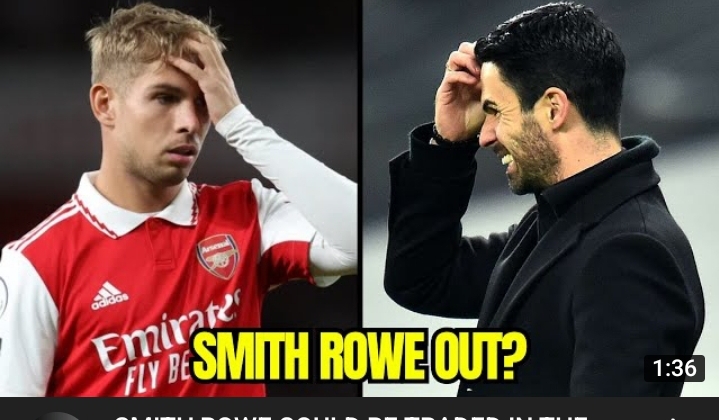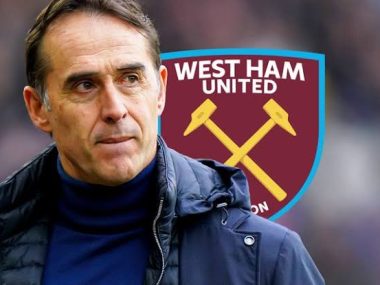Joe Royle’s tenure as Everton manager is a narrative of triumph, transformation, and a poignant departure that left a lasting impact on both the club and the man himself. On a significant day in 1997, Royle made his exit from Everton, a move that was fraught with emotion and controversy, yet his legacy within the club remains indelible.
Royle’s journey with Everton is not just a story of managerial success; it’s a tale deeply rooted in the club’s history. Before his managerial stint, Royle had already etched his name in Everton lore as a formidable striker, contributing significantly to the team’s 1969-70 First-Division title victory under Harry Catterick. His prowess on the field was undeniable, with over 100 goals for the Toffees, showcasing his deep connection and contribution to the club’s storied past.
Transitioning from player to manager, Royle took the helm at a tumultuous time for Everton. In November 1994, succeeding Mike Walker, he inherited a team that was languishing at the bottom of the Premier League, with relegation a looming threat. However, Royle’s leadership marked the beginning of a remarkable turnaround. Under his guidance, Everton not only escaped relegation but also clinched the 1995 FA Cup, defeating Manchester United in a memorable final. This victory remains a highlight of Royle’s tenure, marking him as the last Everton manager to secure silverware for the club.
Royle’s managerial acumen was further demonstrated in the following season, which he regards as his best. The acquisition of Andrei Kancheslskis from Manchester United was a masterstroke, with the Russian winger making an immediate impact. Kancheslskis’ contributions were pivotal in Everton’s impressive sixth-place finish, a testament to Royle’s ability to rejuvenate and steer the team towards success.
The signing of Duncan Ferguson on a permanent transfer further exemplified Royle’s strategic approach to building a competitive squad. However, not all of Royle’s decisions met with universal acclaim, as highlighted by his candid reflection on managing striker Brett Angell. Royle’s honesty and willingness to make tough decisions underscored his commitment to the team’s success and the high standards he set.
Despite these achievements, Royle’s tenure at Everton came to an abrupt end over a disagreement with Chairman Peter Johnson regarding the potential signing of Tore Andre Flo. Royle’s desire to strengthen the squad clashed with financial constraints, leading to his resignation. Reflecting on this moment, Royle expressed a profound sense of loss, likening the experience to a divorce and acknowledging the difficulty in moving past it.
“I wanted to sign Flo. Peter Johnson didn’t want to spend the money. We ended up parting by mutual consent. Or resignation. Take your pick. I felt completely empty. It was like a divorce and took a long time to get over,” Royle shared, encapsulating the emotional toll of his departure.
Despite the circumstances of his exit, Royle’s bond with Everton remained unbroken. In 2014, he embraced the opportunity to return to the club, contributing to the youth ranks for three more years. This chapter of his career not only highlights Royle’s enduring affection for Everton but also his commitment to nurturing the next generation of talent.
Joe Royle’s legacy at Everton is a complex tapestry of success, challenge, and emotional depth. His journey from celebrated player to transformative manager and mentor reflects a profound connection to the club that transcends the ups and downs of football management. Through triumphs and trials, Royle’s impact on Everton is a testament to his dedication, resilience, and unwavering love for the club.



